
Candida Support: The Science of Colloidal Silver's Antifungal Properties
Candida Support: The Science of Colloidal Silver's Antifungal Properties Quick Answer: MesoSilver's 0.65 nanometer particles provide 50 times more surface area than stan...
University-researched formulations for cognitive performance and longevity.
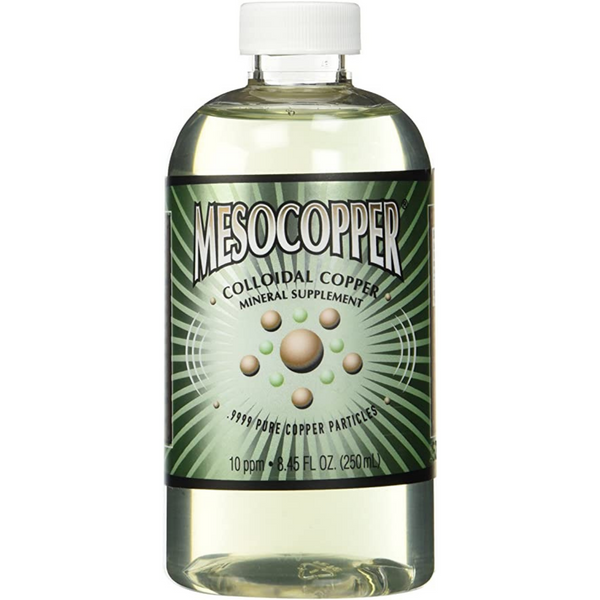

MesoCopper® Colloidal Copper is a highly beneficial supplement designed to promote overall health...
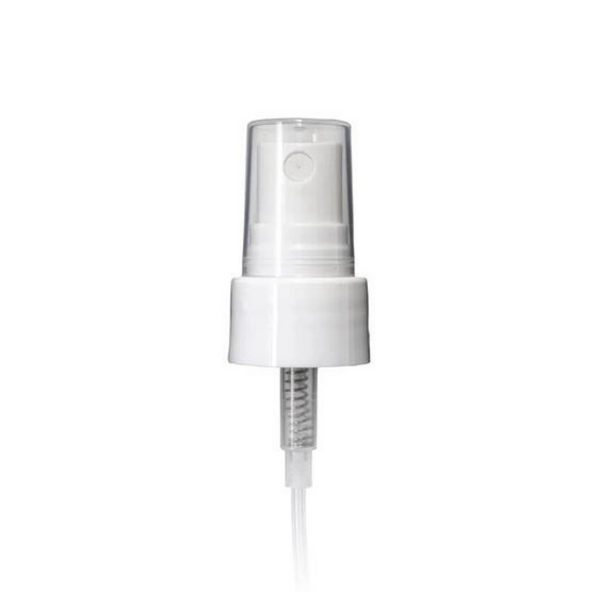
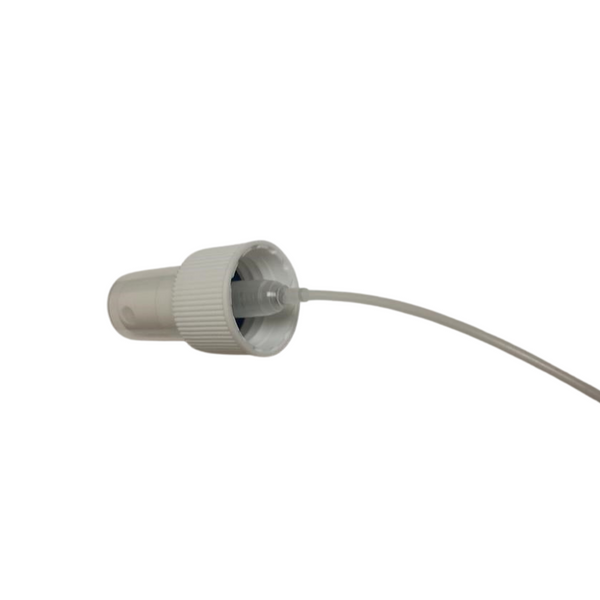
Easy add-on to your MesoSilver 8.45 oz bottle if you prefer spray applications.
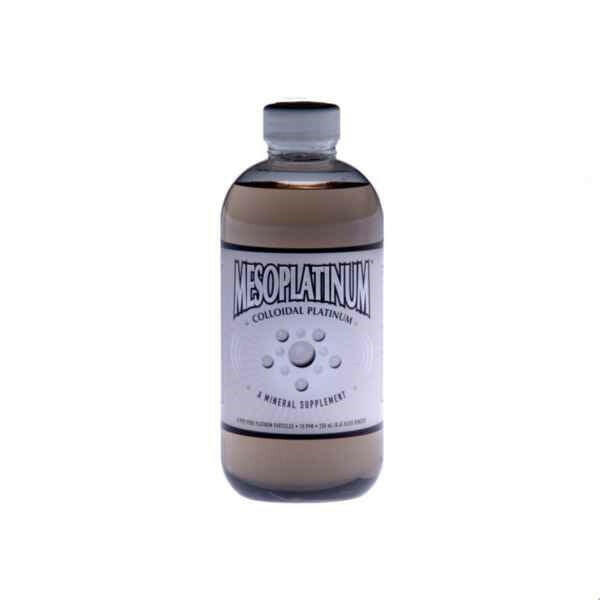
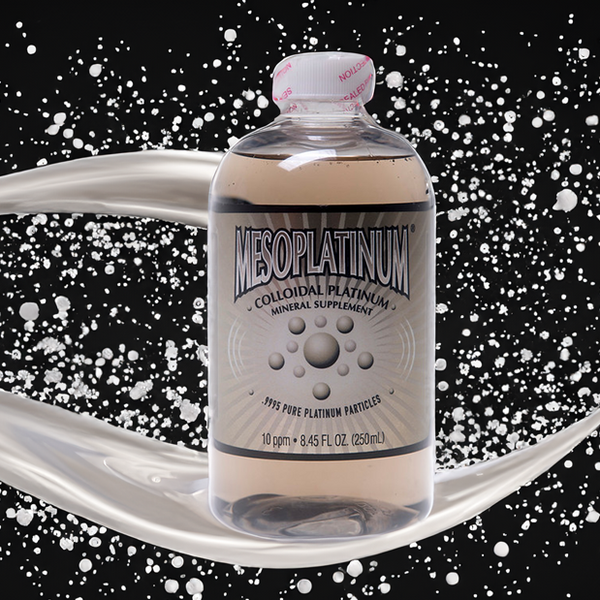
MesoPlatinum colloidal platinum is packed with health benefits, providing a reliable and long-las...
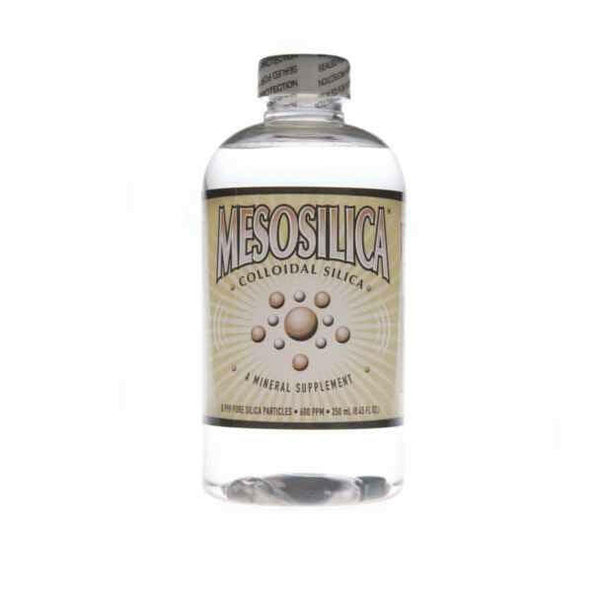
Colloids for Life colloidal minerals are designed to support your overall health by fighting off ...

Candida Support: The Science of Colloidal Silver's Antifungal Properties Quick Answer: MesoSilver's 0.65 nanometer particles provide 50 times more surface area than stan...

MesoSilver vs Sovereign Silver: The Ultimate Comparison Guide 2025 An honest, side-by-side analysis to help you choose the right colloidal silver 🎯 Bot...

Beyond Molasses: The Hidden Role of Colloidal Minerals in Glucose Metabolism Unlocking the trace mineral secrets behind metabolic health The Discovery:...
